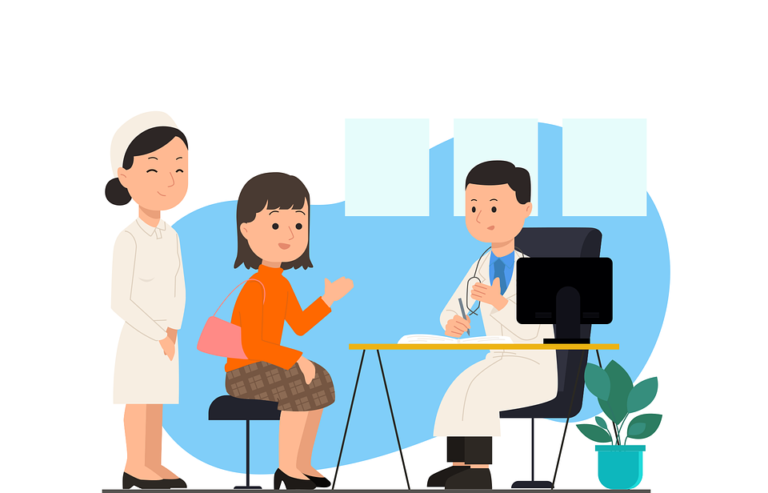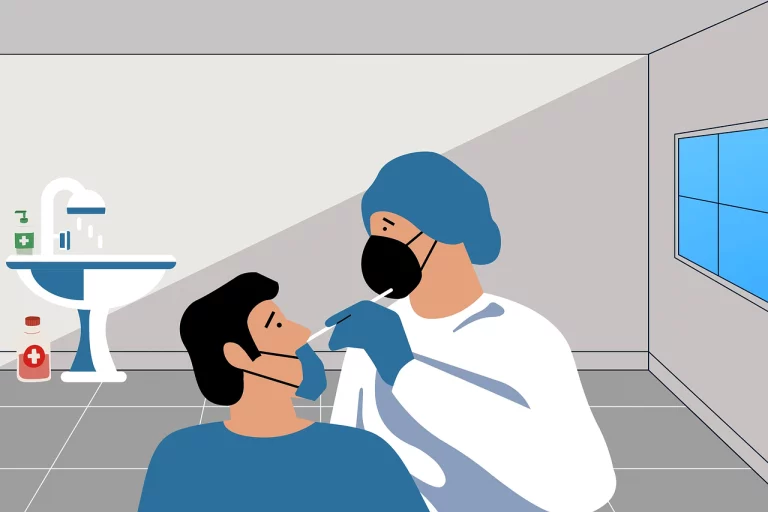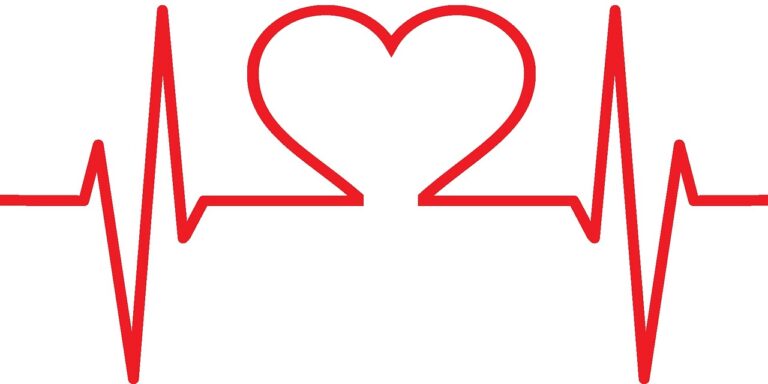Book Appointment Now

Standardizing Nursing Practices Through Data Collection and Analysis
In healthcare, the goal is to provide every patient with the highest quality of care. One effective way to achieve this is through standardizing nursing practices, which involves using data collection and analysis to create consistent, evidence-based care protocols. By implementing data-driven approaches, healthcare institutions can reduce variability in care, enhance patient outcomes, and ensure that all nurses follow best practices, regardless of the setting or circumstances.
Get a custom nursing paper with your standardizing nursing practices assignment
Order Custom Nursing Paper
How Data Collection Improves Nursing Practice Standardization
The integration of clinical data analysis into nursing practice is a powerful tool for improving care consistency. By collecting and analyzing data across various healthcare settings, institutions can identify patterns, gaps, and areas for improvement in nursing practices. This data-driven approach allows for the development of standardized protocols that all nurses can follow, ensuring that care is uniform and effective across different teams and departments.
- Identifying Best Practices: By reviewing clinical outcomes, patient feedback, and nurse performance data, healthcare organizations can identify which practices lead to the best patient outcomes and create standardized care protocols based on these findings.
- Reducing Variability: Reducing care variability is a primary goal in standardizing nursing practices. With data, healthcare facilities can detect discrepancies in how different nurses approach patient care and implement standardized guidelines to reduce inconsistencies. This ensures that all patients receive the same level of care, leading to more predictable and reliable outcomes.
- Implementing Evidence-Based Practices: Data collection allows nurses to follow evidence-based practices that have been shown to improve patient outcomes. By standardizing these practices across an institution, it becomes easier to implement proven methods consistently, leading to better clinical results.
Key Benefits of Standardizing Nursing Practices Through Data
- Improved Patient Safety: Standardization reduces the chances of errors and inconsistencies in care, leading to safer treatment for patients. Nurses can rely on clear, data-backed protocols that guide their decisions, making the care process more predictable.
- Enhanced Clinical Outcomes: By using data to create standardized protocols, hospitals can improve overall patient care standardization. Consistent care leads to better patient outcomes, as practices proven to be effective are applied uniformly across the board.
- Increased Nurse Efficiency: With clear guidelines in place, nurses spend less time making decisions on the best course of action for patients. This leads to a more efficient workflow and reduces the cognitive load on healthcare providers.
- Facilitating Training and Education: Standardized protocols make it easier to train new nurses and ensure that they are aligned with the institution’s best practices. Data-driven training can be tailored to highlight key areas for improvement based on institutional needs.
- Data-Driven Decision-Making: Data-driven care decisions are central to the success of standardized nursing practices. By using data from electronic health records (EHR), patient outcomes, and nursing performance metrics, institutions can make informed decisions that continually improve care processes.
Strategies for Implementing Data-Driven Standardization in Nursing
- Utilize Electronic Health Records (EHRs): EHRs provide a wealth of patient data that can be analyzed to identify trends in nursing care and patient outcomes. This information can be used to create evidence-based care protocols.
- Analyze Clinical Data: Data analysis tools can help identify areas where variability exists in nursing practice, such as differences in medication administration or patient assessments. Once identified, these gaps can be addressed through standardized guidelines.
- Monitor Outcomes: Regular monitoring of clinical outcomes, such as infection rates, recovery times, and patient satisfaction, can highlight the effectiveness of standardization efforts. This data can then be used to refine care protocols.
- Foster a Culture of Data Utilization: To fully benefit from data-driven decision-making, it is essential to foster a culture where all nurses are trained to understand and utilize data. This will ensure that they are equipped to follow evidence-based practices and make informed decisions in their daily care routines.
Overcoming Challenges in Standardizing Nursing Practices
While nursing practice improvement through data is highly beneficial, there are challenges to overcome. These include:
- Resistance to Change: Nurses and other healthcare staff may be hesitant to adopt new protocols or data-driven practices. Overcoming this resistance involves clear communication about the benefits and providing adequate training and support.
- Data Overload: Collecting and analyzing large amounts of data can be overwhelming. It is important to focus on key performance indicators (KPIs) that directly impact patient care and nursing practices to avoid information overload.
- Ensuring Data Accuracy: The effectiveness of data-driven standardization depends on the accuracy of the data being collected. Hospitals must ensure that their data collection methods are reliable and that nurses are trained to enter data correctly.
The Future of Data-Driven Nursing Standardization
As technology advances, the future of nursing workflow optimization will likely involve even more sophisticated data analytics, including artificial intelligence (AI) and machine learning. These tools can help healthcare institutions analyze vast amounts of data in real-time, allowing for even more precise and responsive care standardization. Furthermore, as healthcare systems continue to embrace these technologies, the ability to tailor care protocols to the unique needs of patients will improve, resulting in even better clinical outcomes.
Standardizing nursing practices through data collection and analysis is a crucial strategy for improving patient care and enhancing nursing efficiency. By utilizing data to identify best practices, reduce care variability, and improve clinical outcomes, healthcare institutions can ensure that every patient receives high-quality, evidence-based care. As data-driven decision-making continues to evolve, it will play a central role in shaping the future of nursing, ultimately leading to safer, more effective care for all patients.







